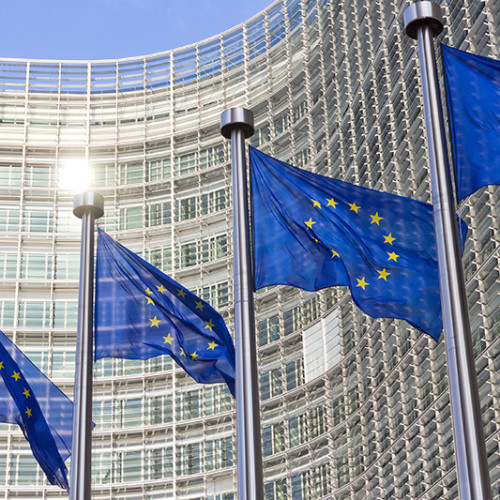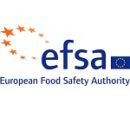
The use of algae biomass in foods is a growing market in Europe. On February 2024,a list of more than 20 new algae species has been added to the Novel Food catalogue. When there is the evidence of a traditional use of algae in any EU Member State before 15 May 1997, their use as foods and food supplements is not considered as novel and is not subject to a long and costly pre-market approval procedure according to the Novel Food Regulation. A list of around 50 algae species considered as not novel is now available in the EU Novel Food catalogue.

Conformément à l’article 31 du règlement (CE) n° 178/2002, la Commission européenne a demandé à l’EFSA d’évaluer si les données de deux nouvelles publications scientifiques présentées par la Société italienne de toxicologie étaient suffisantes pour réviser leurs conclusions sur la sécurité des dérivés d’hydroxyanthracène dans les aliments.

On 28 June 2022, a webinar information session was held to present the recently published EFSA “Statement on safety of cannabidiol as a novel food: data gaps and uncertainties” to stakeholders.
L’Anses dans cette expertise de Juin 2020 fait tout d’abord un état des lieux de l’utilisation des nanomatériaux manufacturés dans l’alimentation. Pour

L’EFSA a payday 2 cheats lancé paydayloansusca une payday 2 consultation publique payday loans sur sa proposition de ez internet payday system